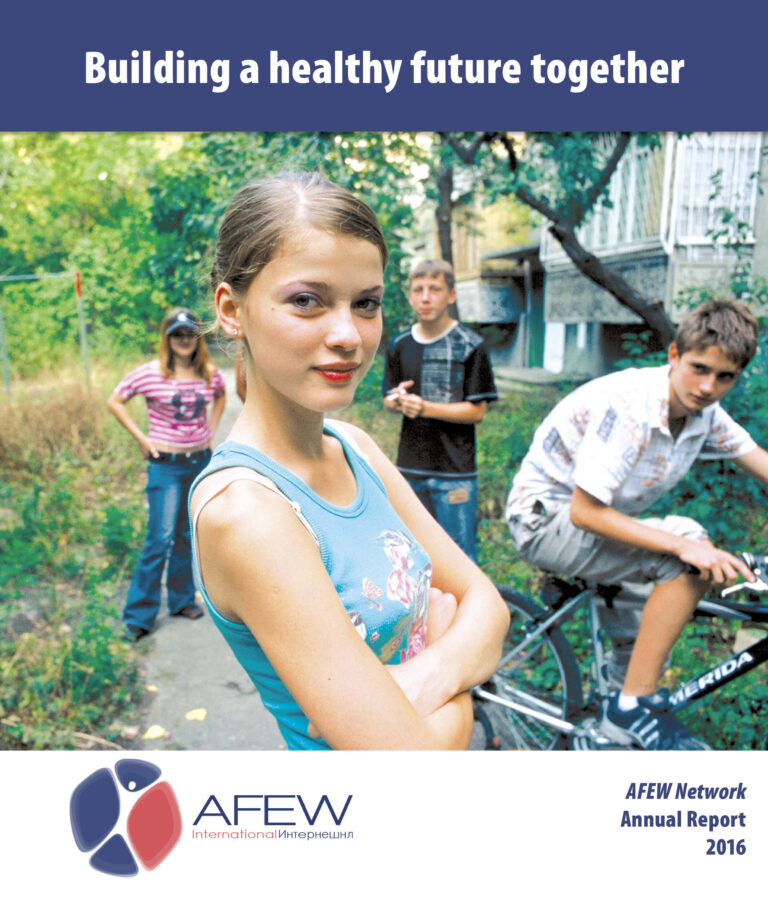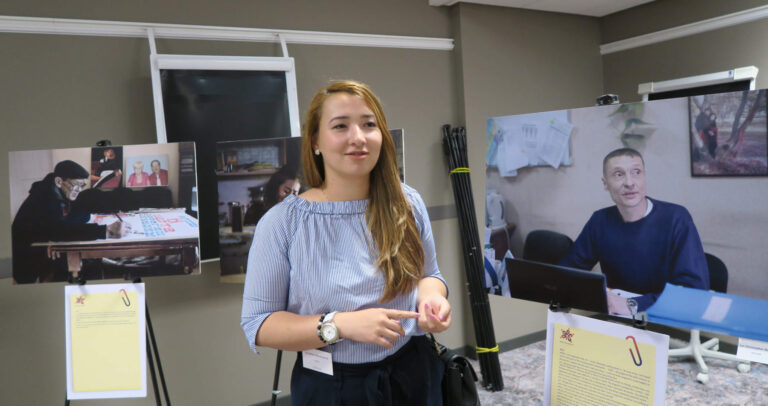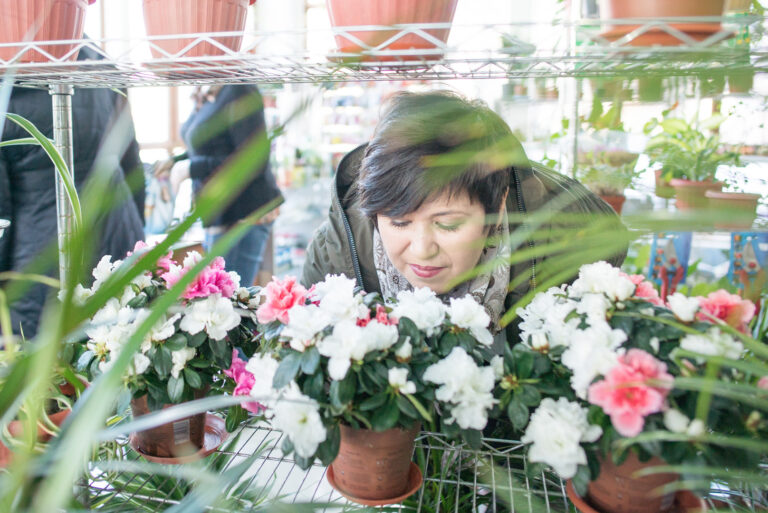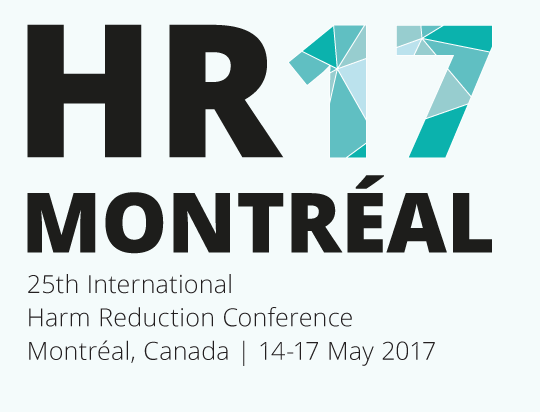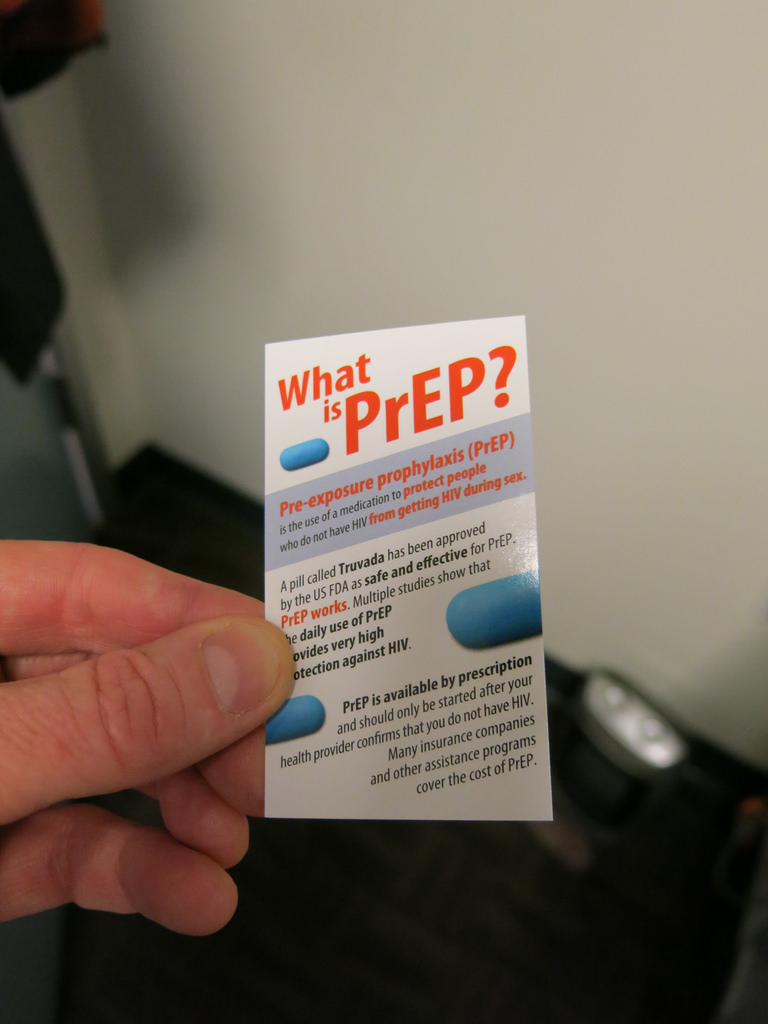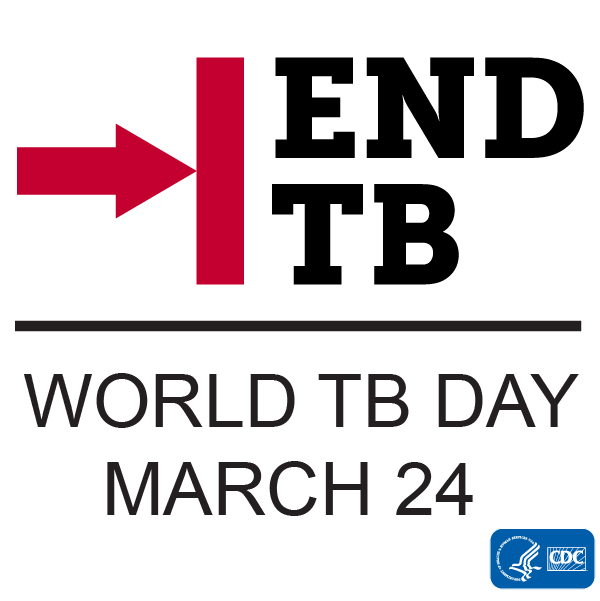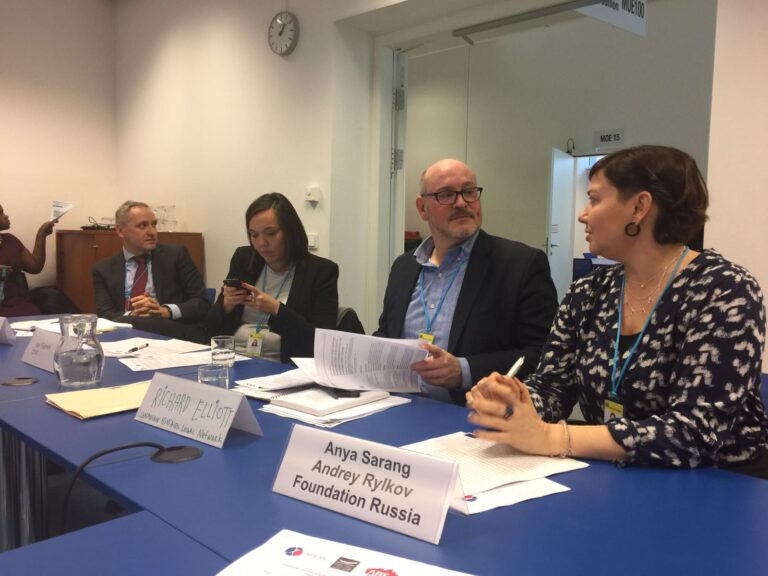
Harm Reduction: Redirection of Resources Needed
Harm Reduction International’s data shows that since 2014, no new countries have established needle and syringe programmes (NSP) and just three have introduced opioid substitution therapy (OST). Of 158 countries where injecting drug use is reported, over half (78) do not offer OST and more than a third (68) still do not provide NSP. In 2015, a UN target to halve HIV transmission among people who inject drugs by 2015 was missed by more than 80%.

